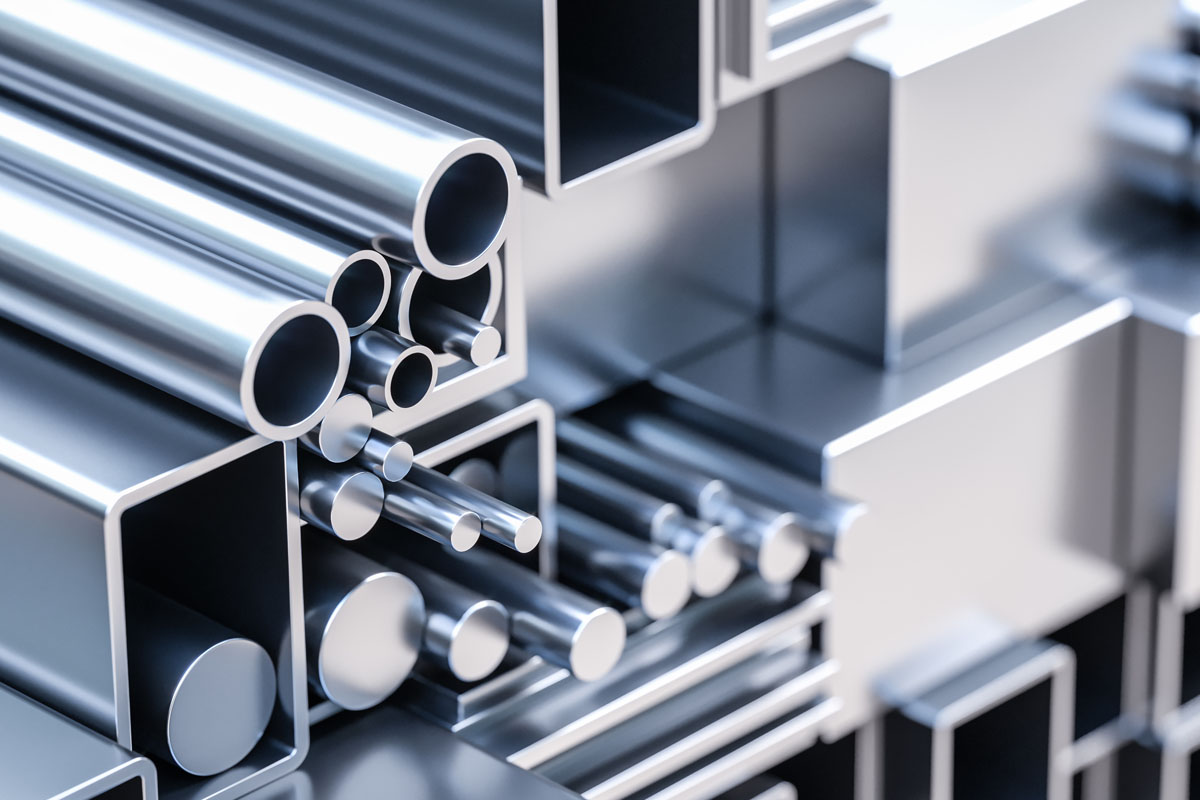Sustainability in Metalworking: Challenges and Eco-Friendly Solutions+ View more
Sustainability in Metalworking: Challenges and Eco-Friendly Solutions
+ View more
Date:2023-12-19 17:47
The metalworking industry stands at a critical juncture where sustainability isn't merely an option but an imperative. This article delves into the challenges faced by metalworking in achieving sustainability goals and explores eco-friendly solutions that reshape practices while addressing environmental concerns.
Challenges in Sustainable Metalworking
Sustainable metalworking confronts multifaceted challenges. The high energy consumption in metal extraction and processing poses a significant environmental burden. Additionally, the generation of metalworking fluids, waste disposal, and emissions contribute to ecological concerns. Balancing economic viability while minimizing environmental impact remains a primary challenge.
Recycling and Circular Economy Initiatives
Recycling plays a pivotal role in sustainable metalworking. Embracing a circular economy model, where materials are reused and recycled, significantly reduces the industry's carbon footprint. Scrap metal recycling, remelting, and closed-loop processes not only conserve resources but also mitigate the environmental impact of mining and extraction.
Energy Efficiency and Green Technologies
Improving energy efficiency is paramount in sustainable metalworking. Adopting green technologies such as electric furnaces, energy-efficient machining tools, and renewable energy sources reduces reliance on fossil fuels, curbing greenhouse gas emissions. Advanced heat recovery systems and optimized production processes further contribute to energy conservation.
Eco-Friendly Metalworking Fluids and Processes
Metalworking fluids play a crucial role in machining processes. The shift towards biodegradable, non-toxic fluids reduces environmental hazards while maintaining machining efficiency. Additionally, advancements in dry and near-dry machining techniques significantly minimize fluid usage, decreasing waste and environmental impact.
Emissions Reduction and Air Quality Control
Mitigating emissions and ensuring air quality control are integral to sustainable metalworking. Employing exhaust gas treatment systems, particulate matter control, and adherence to stringent emission standards significantly reduce the environmental impact. Investments in emission-capture technologies further diminish the industry's ecological footprint.
Collaborative Industry Initiatives and Certifications
Industry collaboration fosters sustainability initiatives. Certifications such as ISO 14001 and LEED (Leadership in Energy and Environmental Design) encourage environmental stewardship and sustainability benchmarks. Cross-sector partnerships and information sharing promote best practices and technological innovations.
Conclusion
In conclusion, sustainability in metalworking demands a concerted effort to tackle complex challenges while embracing eco-friendly solutions. The industry's evolution towards a sustainable future involves a holistic approach encompassing recycling, energy efficiency, eco-friendly processes, emissions reduction, and collaborative initiatives. Upholding environmental stewardship not only aligns with regulatory requirements but also fosters resilience and competitiveness in a rapidly evolving global marketplace.
Share to:
Recommend wonderful blog posts

